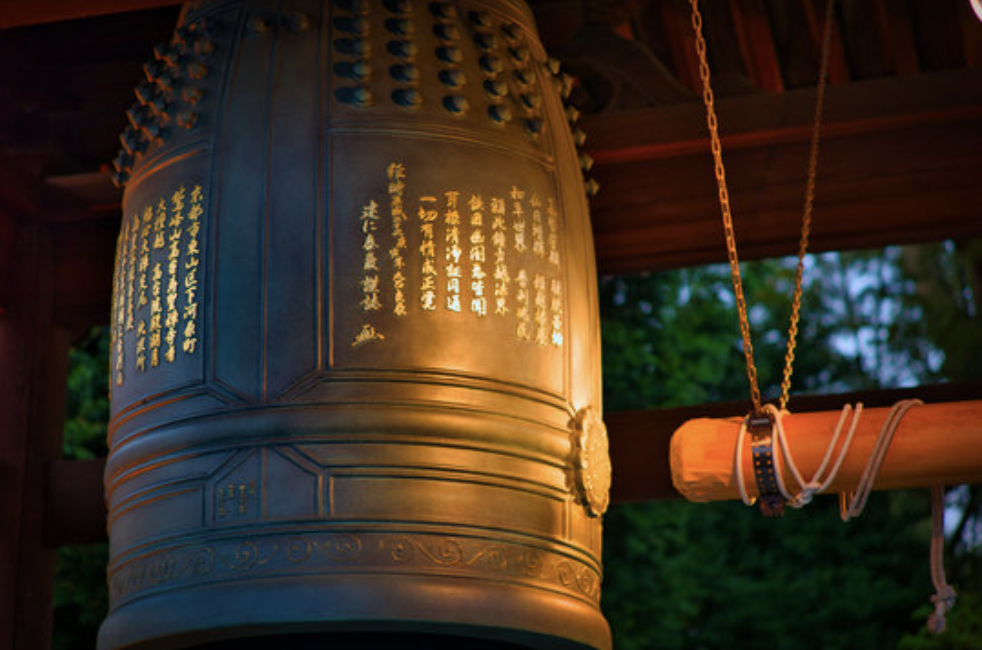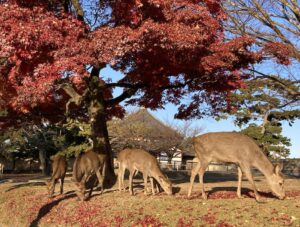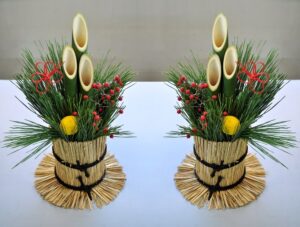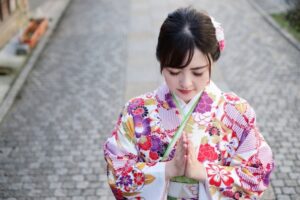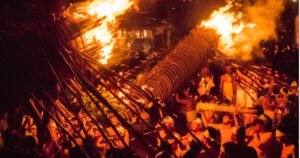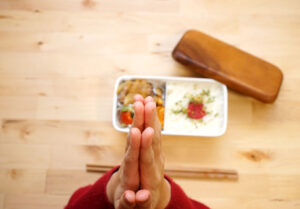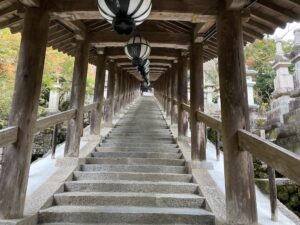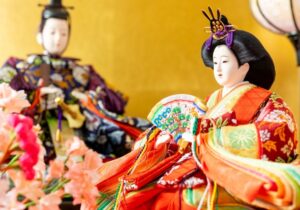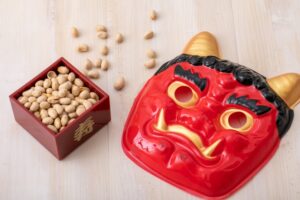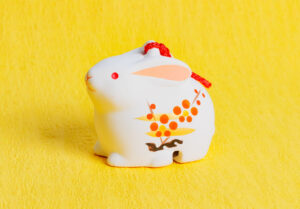In Japan, there is a custom of ringing temple bells around the time when New Year’s Eve turns into New Year’s Day. It is called “Joya no Kane” (bell tolling on New Year’s Eve). It is an important event to welcome the New Year, transcending religions and beliefs.
What is “Joya-no-Kane”?
Joya no Kane is one of the Japanese Buddhist rituals held on New Year’s Eve.
While listening to the sound of temple bells, people remove all worldly desires of the year and welcome the New Year with purity of mind and body.
New Year’s Eve, the last day of the year, is also called “Jyojitsu,” meaning the day to throw away the old and move on to the new. The night of “Jyojitsu(除日)” is called “Joya” (除夜). The bell tolled on this night is called “Joya-no-Kane” (bell tolling bell).
In Japan, it has been believed since ancient times that “New Year Deities” descend from high mountains to bring happiness to each family at the beginning of the New Year. People spend about half a month preparing to welcome the “New Year Deity” by cleaning up, purifying themselves, and so on.
Today, countdown parties, countdown live music, fireworks displays, and other forms of entertainment are increasing. Although culture and lifestyles change dramatically with the times, the “Joya-no-Kane” (bell ringing on New Year’s Eve), “Hatsuhinode” (sunrise on New Year’s Day), and “Hatsumode” (New Year’s visit to shrines) are still important parts of Japanese culture when welcoming the New Year.

The origin of “Joya-no-Kane”
The temple bell itself was introduced to Japan from the continent during the Asuka Period. It is thought that temple bells have been used since ancient times as a signal to tell the time.
The origin of Joya no Kane is not known for certain, but it is believed to have originated from the custom of Zen temples in China.
Since ancient times, Chinese temples have rung the bell 108 times on the last night of the month to exorcise demons, but this was changed to just on New Year’s Eve during the Song dynasty (960-1279). At the end of the Kamakura period (1185-1333), Zen monks from China came to Japan, and the custom was introduced to Zen temples in Japan. During the Muromachi period (1333-1573), the custom of striking the temple bell on New Year’s Eve gradually spread, and by the Edo period (1603-1867), many temples began to do so.
The custom of ringing Buddhist bells on New Year’s Eve fell into disuse during the Meiji Era (1868-1912), when in 1927, NHK broadcast a radio program on New Year’s Eve, ringing a type of temple bell called Keisu. This was the beginning of the custom’s establishment throughout Japan.
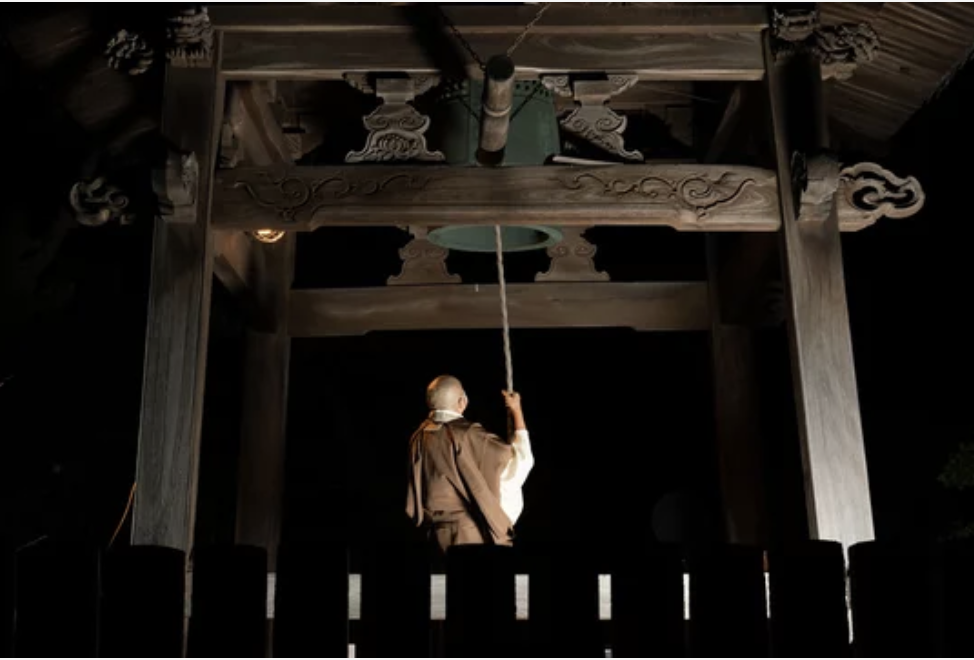
The Meaning of 108 Times
In many temples, Joya no Kane is rung 108 times, but what does 108 mean?
The number of worldly desires (Bonno)
Buddhism teaches that human beings have 108 worldly desires. Vexations are things that trouble, torment, confuse, defile, and create disturbances in the mind.
It is believed that each time a bell is rung, one vexation is eliminated, and thus Joya no Kane is rung 108 times on New Year’s Eve.

Photozou
The Four Pains and Eight Afflictions
In Buddhism, it is believed that people suffer from the “Four Pains and Eight Afflictions” during their lives.
- Birth: Being born into this world
- Aging: To grow old and to become decrepit in energy and physical strength.
- Disease: Being afflicted with the pain and suffering of an illness
- Death: Dying, fear of dying, anxiety about what will happen after death
- Separation from loved ones
- Hatred and enmity
- Seeking and not obtaining
- Not being able to do as one’s body or spirit desires.
The Japanese sound for shikhak is 4 x 9 =36, 8 x 9 =72, 36+72=108
This may seem like a play on words, but it is a well-known theory.
A number representing a year
12 for the number of the month, 24 for twenty-four solar terms, and 72 for the seventy-two weather terms.
Some people believe that the total number of times the temple is to be cued is 108 times, which represents the whole year.

✔ Some temples toll the bell over 200 times.
Time when Joya no Kane begins to toll
The time of the tolling varies from temple to temple.
- The bell is rung 108 times during the year.
- Ringing begins on New Year’s Eve and ends in the New Year.
- Starts ringing on New Year’s Day.
Generally, the bell is rung 107 times during the year (December 31) and the last time on January 1 of the New Year.
✔ It is said that it was not until the Meiji period (1868-1912) that people started ringing the bell at midnight to celebrate the New Year’s Eve. During the Edo period (1603-1867), the indeterminate time system based on sunrise and sunset was used, so people probably did not have the sense that the date changed at midnight.
Who rings the bell
The person who strikes the bell varies from temple to temple.
- Only monks of the temple toll the bell
- The priests toll the bell 108 times, and after that, visitors are free to toll the bell.
- Temple monks, temple parishioners, caretakers, and worshippers ring the bell a total of 108 times
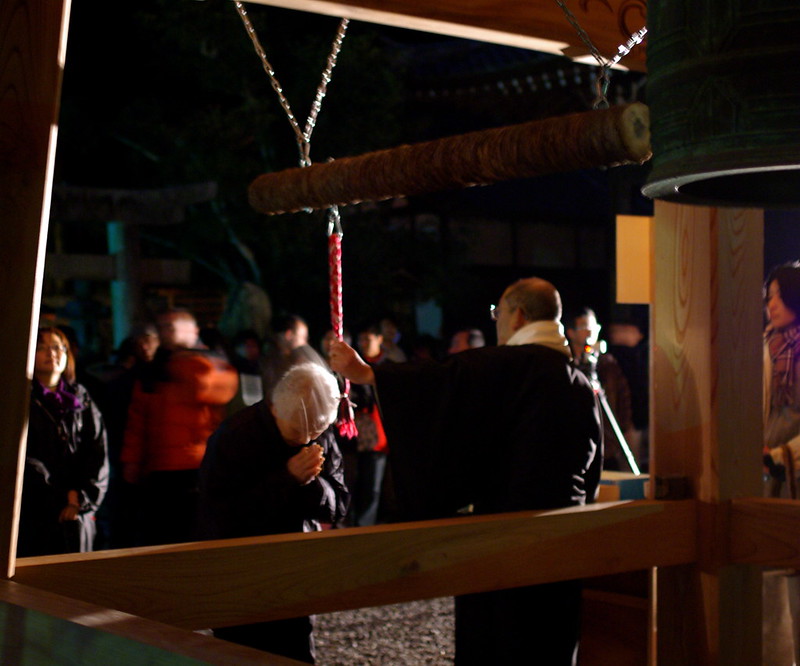
Do all temples ring the temple bell on New Year’s Eve?
Joya no Kane was originally a ritual of Zen Buddhist temples. Since the early Showa period, it has spread nationwide. Non-Zen temples also ring the bell, but some do not because it differs from the teachings of their sect.
There are various reasons for this, such as the belief that the bells are not meant to dispel worldly desires, and that the bells are rung before Buddhist memorial services or to pray for peace.
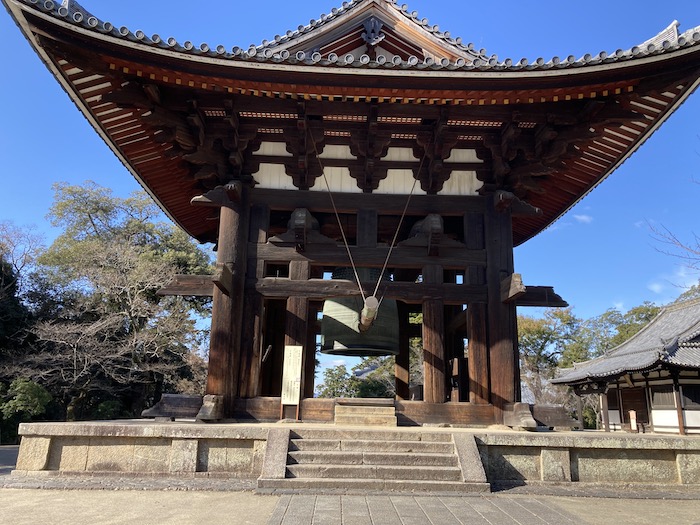
Changing Sensitivity of the Japanese People
Due to circumstances, an increasing number of temples are canceling Joya no Kane.
Shortage of manpower
Due to aging or decreasing number of parishioners and temple caretakers, etc., and lack of manpower
Depends on complaints
Complaints of “noisy” bells ringing continuously at night and harassment by silent phone calls have been increasing.
There are complaints about various sounds. Complaints not only about the annual Joya no Kane, but also about the temple bells that ring every morning and evening, the voices of children in parks and on public transportation, the sounds of schools and facilities, and the chirping of cicadas, birds, and other sounds.
In Japan, there is a widespread intolerance of sounds made by others that are uncomfortable for oneself.
Since complaints and manpower shortages do not seem to be going away, the number of temples that do not hold Joya no Kane is expected to increase further in the future.
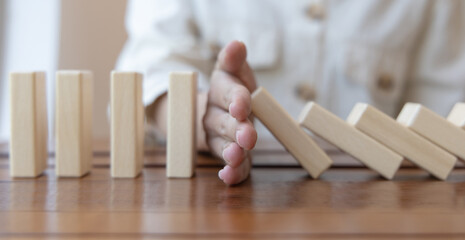
On the other hand, Christmas Eve is celebrated on the 24th with sumptuous meals and cakes with family and loved ones, followed by Joya no Kane, countdown parties, and fireworks displays on the 31st, and on January 1, the first sunrise of the year and New Year’s visits to shrines, all of which tend to become events and entertainment. It is like a series of festivals and parties.
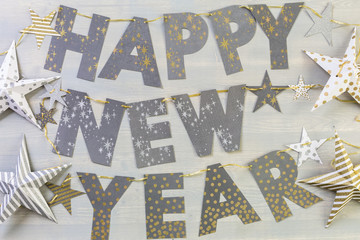
It is inevitable that culture changes with the times. Nevertheless, it is nice to welcome the New Year while listening to the sound of the temple bell, reflecting on the past year and wishing the coming year to be a happy one for your family and loved ones.
👉Feel free to contact us if you have any questions.

